When Words and Actions Don’t Match: The Pull of the Past
Have you ever noticed someone talk about life in one way, yet their behaviour tells a very different story?
They might describe themselves as “still struggling” or “just getting by” — yet in reality, their daily life reflects stability, success, and achievements they barely acknowledge.
This mismatch isn’t about dishonesty. More often, it reveals a deeper story — one shaped by background, identity, and the lingering pull of the past.

The Weight of Old Narratives
For many people who grew up in a working-class environment, life was framed around hard work, survival, and “making do.”
Even when circumstances change — through education, career progress, or financial stability — the old script doesn’t always update.
The words often remain tethered to the past:
- Talking as if money is always tight, even when it isn’t
- Downplaying achievements, because pride feels uncomfortable
- Holding onto habits of “scraping by,” rather than feeling entitled to comfort
Meanwhile, behaviours may quietly contradict the story being told: buying a home, choosing better quality food, booking holidays, or supporting children through university.
Why the Mismatch Happens
Identity Lag
Our internal sense of self often takes longer to catch up with external reality. Someone may have “made it” by society’s standards, yet still feel like the child who grew up counting every penny.
Fear of Judgement
Speaking about success can feel unsafe. It may invite criticism from family, friends, or even one’s own inner voice. Talking modestly — even pessimistically — can feel like self-protection.
Unconscious Loyalty to the Past
For some, there’s a quiet loyalty to “where they came from.” Speaking in ways that reflect struggle, rather than privilege, can feel like honouring their roots.
The Cost of Being Stuck
When words and behaviours remain out of sync, it can create tension:
- Feeling undeserving of success
- Struggling to relax or enjoy achievements
- Continually planning for crisis, even in secure circumstances
- Difficulty connecting with people whose experiences feel different
Underneath, this mismatch often reflects a deeper disconnect between who we were and who we are now.
Moving Towards Integration
Therapy can help bridge the gap between past narratives and present realities. Some gentle steps include:
- Awareness — Noticing when your words don’t quite match your lived experience
- Compassion — Recognising that old scripts were once protective and necessary
- Reframing — Allowing yourself to say “I’ve done well” without fear of disloyalty
- Integration — Honouring your roots while also giving yourself permission to fully step into the life you’ve built
Final Thought
We are not just the stories we tell — we are also the stories we live.
When words and behaviours don’t align, it may be a sign that part of us is still living in yesterday, even while another part has moved into today.
The work of therapy is to bring these parts together, so that what we say and how we live reflect the whole truth of who we are — resilient, resourceful, and deserving of the life we’ve created.

